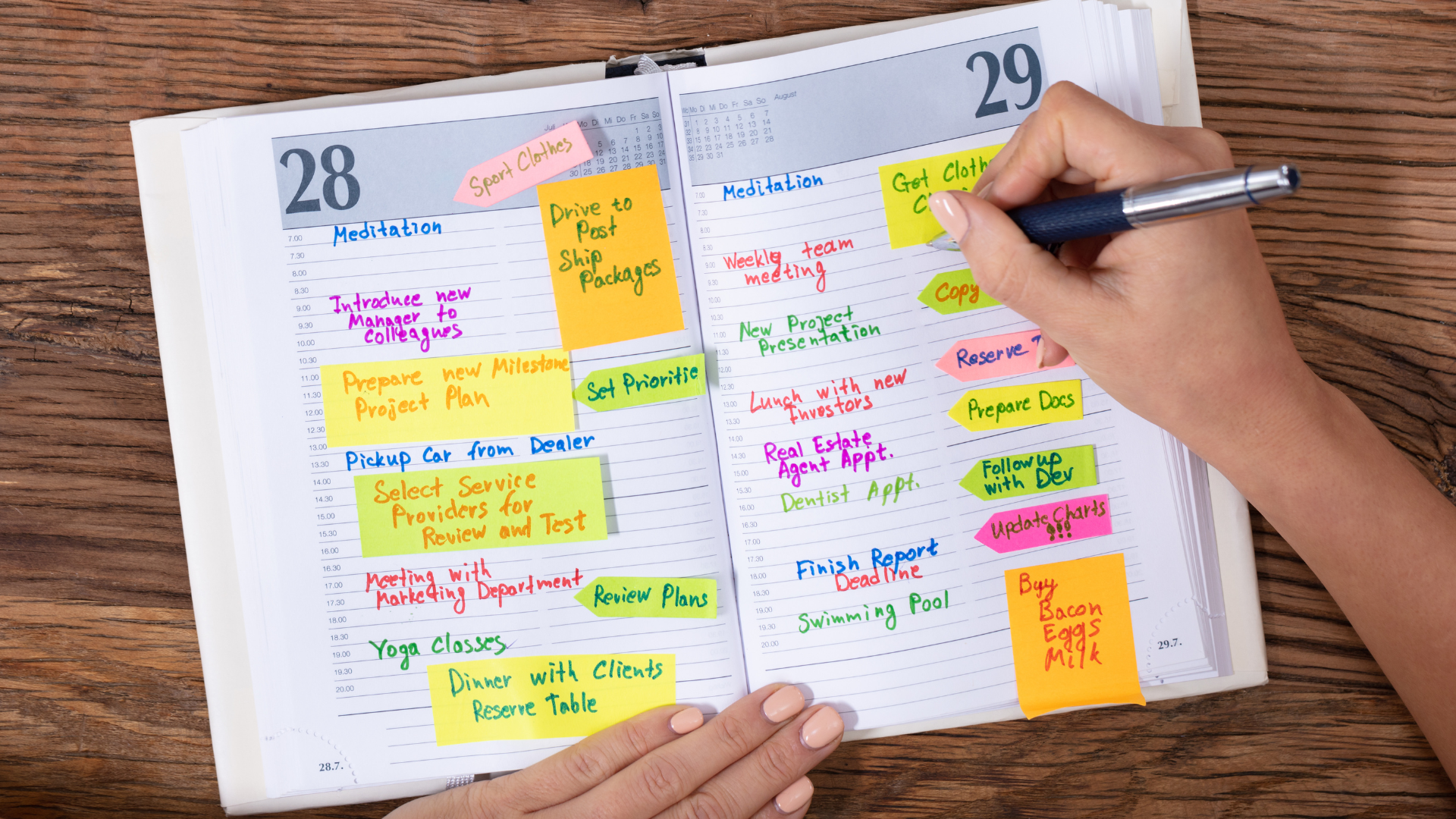Spring Into Your Goals: How to Refresh Your Mindset and Routine This May
There’s something powerful about the month of May. The weather warms up, the flowers bloom, and everything starts to feel more alive. It’s a season of renewal—and the perfect time to reset your mindset, refresh your routine, and realign with your goals.
At Fordham Institute Inc., we believe that spring isn’t just about nature’s growth—it’s about your growth too. Whether you’re in training, working, or planning your next move, here are some ways to spring forward with energy and purpose.
1. Reflect and Realign
Take a few minutes to look back on the year so far. What goals have you accomplished? What areas need more focus?
Tip: Write down three things you’re proud of and three things you’d like to improve. This gives you clarity and direction.
2. Refresh Your Routine
Small changes can make a big difference. Shift your morning routine, reorganize your schedule, or create new study habits that better serve you this season.
Tip: Add something energizing to your morning—like a walk, a smoothie, or a playlist that lifts your mood.
3. Declutter Your Space (and Mind)
Spring cleaning isn’t just for your home. Declutter your workspace, bag, digital files, and even your thoughts. Let go of what’s no longer serving you.
Tip: Try journaling or a quick meditation to clear mental clutter. A tidy space equals a clearer mind.
4. Reconnect With Your Why
Why did you choose this path? What motivated you to start training or working in healthcare? Reconnect with that purpose to reignite your passion.
Tip: Write your “why” on a sticky note and keep it where you can see it daily.
5. Set Simple, Specific Goals
Make a short list of goals for the next 30–60 days. Keep them realistic, measurable, and meaningful.
Example: Complete 3 study modules, organize your notes, or apply for 1 new opportunity.
6. Prioritize Wellness
As the weather improves, spend more time outside, stay hydrated, and enjoy seasonal fruits and veggies. A healthy body supports a focused mind.
Tip: Use nature as your reset button—even a short walk can recharge your energy.
This Spring, Choose Growth
No matter where you are in your journey—starting school, halfway through, or preparing to graduate—May is the perfect moment to recommit to your goals with fresh energy. At Fordham Institute Inc., we’re proud to support students and caregivers who continue to grow, shift, and show up. This spring, give yourself the gift of a fresh start.
New season. New energy. Same dream—stronger than ever.





